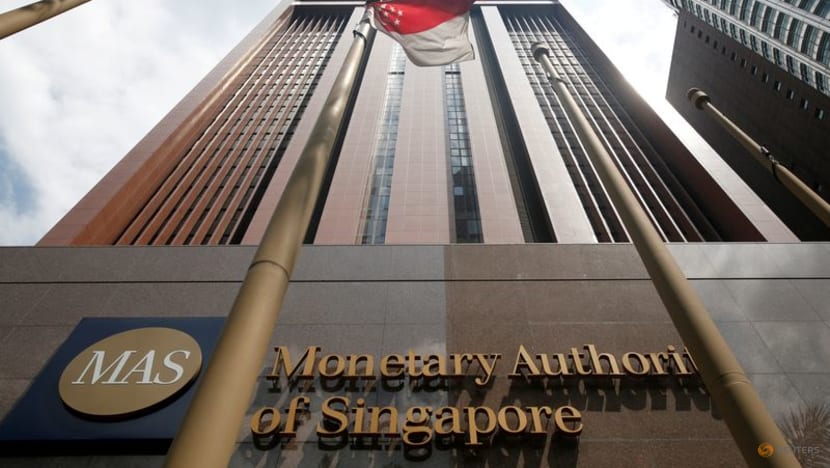SINGAPORE: Financial institutions and telecommunication companies (telcos) in Singapore may have to compensate their customers who have fallen prey to scams if they are found to have breached their responsibilities.
These responsibilities prescribed under a proposed framework include failure by banks to send outgoing transaction alerts to consumers and telcos failing to implement a scam filter for SMSes. As a start, the framework will focus on phishing scams which account “for a sizeable proportion of unauthorised transactions” here.
These are among the proposals put forth by the Monetary Authority of Singapore (MAS) and the Infocomm Media Development Authority (IMDA) on Wednesday (Oct 25) in a long-awaited consultation paper on how losses arising from scams will be shared between companies and consumers.
The shared responsibility framework was first announced in February 2022 after close to 800 OCBC customers lost a combined S$13.7 million to scammers.
The MAS said then it would publish a draft framework for public consultation in the next three months. But the process has taken “longer than expected” due to the complexity of the issues involved, the financial regulator said in previous parliamentary replies.
In the consultation paper released on Wednesday, the authorities acknowledged that “responsibility for preventing scams should not lie solely with consumers but also with industry stakeholders”, such as the financial institutions and telcos.
Financial institutions play “a critical role as gatekeeper against the outflow of monies due to scams”, while telcos play “a supporting role” as infrastructure providers for SMS, they said.
These stakeholders are currently answerable to regulators if they fail to implement the necessary anti-scam measures. But there is “no framework for entities to be directly accountable to consumers who have suffered scam losses due to lapses by the said entities”, the paper said.
The shared responsibility framework will hence set the government’s expectation that these players “should bear responsibility for scam loss ahead of consumers” if they fail to meet prescribed anti-scam duties.
The inclusion of telcos under a loss-sharing framework makes Singapore the first to do so. “Currently, no known jurisdictions have included telecommunication operators or other infrastructure service providers in their scam reimbursement frameworks,” the paper said.
The proposed framework, targeted to be rolled out next year, also hopes to “provide a more expedient channel for consumer recourse”.
Determination of responsibility will be based on a “waterfall approach” where financial institutions, followed by telcos, are expected to bear the full loss if they fail to discharge their respective duties.
If both the financial institution and telco have carried out their duties, the consumer will have to bear the full loss.
“It is therefore critical for consumers to continue to exercise vigilance at all times and not click on any unsolicited, suspicious links,” MAS and IMDA said in a joint release.

